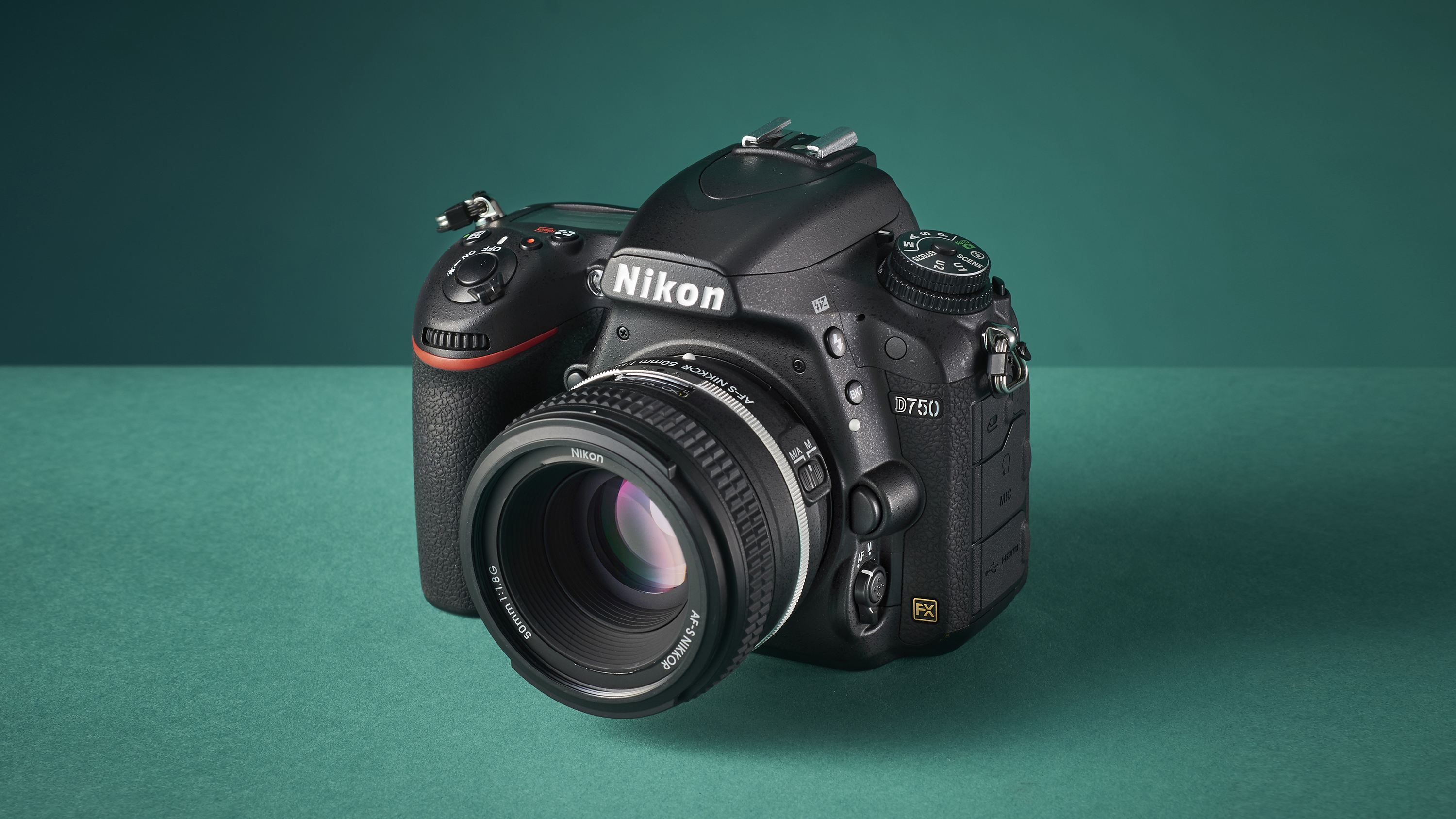What camera should I buy? Here is our step-by-step guide
From simple point-and-shoot compacts to full-frame DSLRs, we explain the differences
Sign up for breaking news, reviews, opinion, top tech deals, and more.
You are now subscribed
Your newsletter sign-up was successful

Moving up to a full-frame camera brings a modest increase in quality and a big increase in price, so make sure it's worth it.
Most 'amateur' DSLRs and compact system cameras use APS-C size sensors. These are many times larger than the sensors in the average compact camera and deliver the kind of quality needed by professional photographers – or very nearly.
Although many professionals are perfectly happy with the quality they get from an APS-C format camera, it's more likely they'll go for a 'full-frame' camera (the frame is the same size as old 35mm film). These have sensors twice as large again as APS-C and deliver a further improvement in image quality. The differences are not always obvious, but at this level any improvement is useful.

You'll also need a full-frame camera if you want the very highest resolutions currently available – the latest holder of this record is the 50-megapixel Canon EOS 5DS.
Most full-frame cameras are DSLRs. Canon and Nikon make full-frame DSLRs aimed at serious professional users and cheaper full-frame models for advanced amateurs – so the full-frame format is not exclusively for pros.
Sony is following a different path with its full-frame A7-series compact system cameras, like the excellent Alpha 7R II. These look like regular DSLRs but they're more compact and have electronic rather than optical viewfinders. The mirrorless design and full-time live view makes them perfect for shooting video, too, and this is growing in importance as more and more pros find themselves asked to shoot video as well as stills.

Pros: Maximum quality thanks to the full-frame sensor; often designed for tough, daily use; high resolution or high continuous shooting speeds a speciality
Sign up for breaking news, reviews, opinion, top tech deals, and more.
Cons: Expensive to buy and that goes for full frame lenses, too; pro models are bulky and heavy
Our pick... Canon EOS 5D Mark IV

Canon's EOS 5D series of cameras has a rich heritage – the original EOS 5D bought full-frame photography to the masses, the Mark II unleashed Full HD video capture for the first time on a DSLR, and while the Mark III became a firm favourite amongst photographers. The 5D Mark IV pretty much tweaks and improves on everything before it. With a new sensor that delivers pin-sharp results, a 61-point AF system that's incredibly advanced and some very polished handling, the EOS 5D Mark IV has to be one of the best DSLRs we've seen. A serious investment, but you won't be disappointed.
Read the full review: Canon EOS 5D Mark IV
Current page: Step 7: Turning pro with a full-frame camera
Prev Page Step 6: The mirrorless alternative Next Page Step 8: Making movies - a sideways step